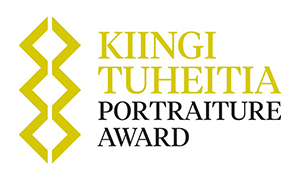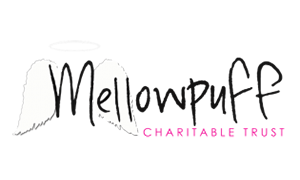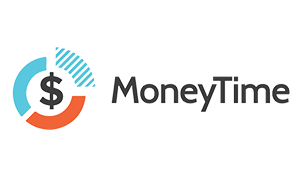Community
Forsyth Barr is proud to support MoneyTime
They say money makes the world go round but, despite its importance in adult life, understanding how to manage it and make the most of it hasn’t traditionally been a huge part of the education system.
Studies continue to show a worrying lack of financial literacy among New Zealand adults, but web-based programme MoneyTime is doing its best to rectify that through a clever combination of education, gamification and competition. Co-founder, designer and CEO Neil Edmond says MoneyTime is a bit of a Trojan Horse, with the programme taking kids aged 10-14 through tricky concepts like compound interest, return on investment and mortgages in a way they can understand and enjoy.
“We’re trying to normalise concepts like saving, budgeting, investing and using insurance. We want to show them that they don’t have to be afraid of these things, and being exposed to them at an early age means they become part of the kids’ vocabulary and thought process and understanding of how life works.”
Exploring real-life decisions
As kids do the lessons - there are 30 in total and they can either be done in one term or once a week across a whole year - they earn virtual money for completing modules and answering quiz questions at the end. That money goes into a virtual bank account, different options are unlocked and then it simulates the decisions they may have to make in real life.
Students can spend their money on their avatars at different shops, or they can put money into a bank account with interest, donate it to charity, or invest in shares, property, collectables or their own education.
“We want them to see that they can do more with their money other than just spending it all on themselves. They have to see the value and benefit of doing that, so we find ways of making that concrete for them.”
“We get really good retention. The majority of the schools that use the programme come back because it’s easy for teachers to use. They simply unlock the modules and the kids work their way through the programme themselves. The kids love it too; the humour, the language, the examples, they know it’s specifically for them.”
Broad impact across New Zealand
Since it kicked off in 2019, the programme has been used by over 76,000 students in 750 schools, which represents nearly half of all the primary schools in New Zealand. “We know the programme works,” says Neil, because pre- and post-programme testing shows, on average, a 40% increase in knowledge over the whole course.
Another clever way to inspire interest in the topic is through the age-old tactic of inter (and intra) school competition. The average scores of each class are totalled up from the quizzes they do at the end of each lesson and the classes with the highest average scores, combined with their completion rates, can win cash prizes. Over 700 classes are participating in the competition this year, well up on the first year it ran in 2023.
“That’s been huge and it has contributed significantly to completion rates. 30 lessons is a lot of lessons to complete for a non-core subject and we’re delighted with the increase.”
Options are positive
There are other online financial literacy programmes like Banqer and Sorted for Schools that are available to teachers, and Neil thinks it’s great to have some variety so teachers can choose a programme that works for them.
A major benefit of MoneyTime is that it is 100% self-directed, he says. “Kids can work through it at their own pace and it doesn’t require any teacher oversight.” This means teachers don’t need to do any training or professional development to deliver it and all children get taught to a consistently high standard. Financial literacy is in the curriculum but it’s quite vague as to where it gets taught, he says (it could be in maths, business or social studies classes). It’s also not mandatory, and he wants both of those things to change. “That will take it a step further.”
MoneyTime is also aiming to take its own business a step further. It already has a distributor in South Africa and is selling directly to schools in the US and Australia. “There’s demand for it. What we do is localise the programme for each country so it’s 100% relevant to them.”
Delivering real value
A recent report on the social return on investment of MoneyTime by Impact Lab proved that, appropriately enough, teaching financial literacy makes a lot of financial sense. On average, charities in New Zealand deliver about $2.00 in benefit for every dollar spent, but MoneyTime delivers $7.70. “We’re very proud of that. Over 30 charities have been assessed, and we’re one of the leaders in terms of returns.”
Its sponsors help deliver the programme to children at primary schools for free (it is also available in some high schools, but they have to pay because there is not enough sponsorship revenue yet) and while he would happily accept funding from the Ministry of Education, he says private businesses like Forsyth Barr understand commercial realities and the need to make decisions quickly. “We couldn’t do this without them and our other sponsors,” he says.
Neil says the primary goal of the programme is to maximise financial success by improving understanding at an early age.
“If kids have the knowledge, they are more likely to engage with that area … I think today’s kids will be a lot better off than their parents because they can practice making financial decisions in school, rather than having to learn through trial and error in the real world, where errors can be costly.”
To find out more, visit www.moneytime.co.nz
Giving back to New Zealanders
Read the articles below to find out more about some of the groups and initiatives across the country that we support, or download our latest Forsyth Barr in the Community booklet.

Kiingi Tuheitia Portraiture Award

Mellowpuff Charitable Trust

